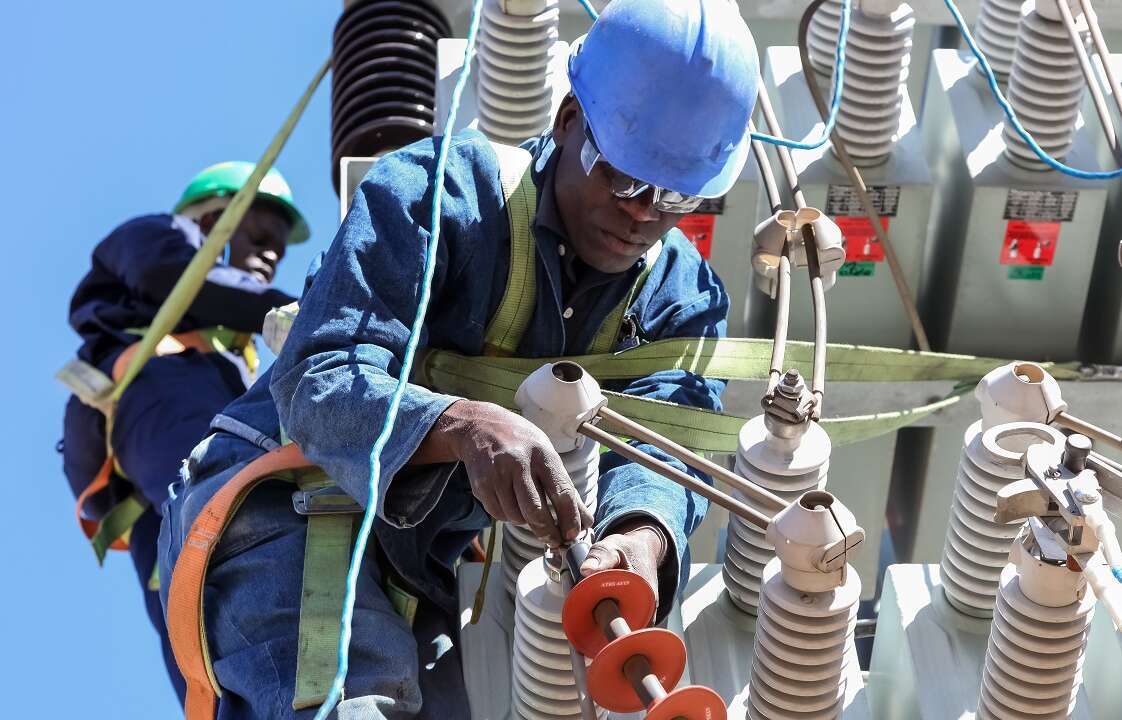Business
Enhancement of Infrastructure Security.

The government has decided to implement reforms in order to address imbalances in the sharing of investment risks and profits among players in this sector, as well as to improve the efficiency of Kenya Power.
Because of the uncertainty and profound changes, those who had benefited from the status quo began to resist. This created ideal conditions for witch-hunts and finger-pointing, and the country went into rationing and darkness after a few days of brewing uncertainty. According to Kenya Power, this was due to vandalism.
After being accused of sabotage, several managers were arrested after recently being promoted to act in positions left by a cohort that was sent home to pave way for corruption investigations. Without being charged by the anti-terrorism detectives who were holding them, the Kenya Power managers were released after being accused of the serious crime of sabotage.
Coming to a conclusion that vandalism was a big factor, President Uhuru Kenyatta banned exports of scrap metal. A deluge of unsustained rumors behind the narrative that the collapse of towers was the work of insiders was another factor fueling suspicions in the sector, specifically resisting the recent transfer of highly-sensitive and corruption-ridden function operations and management of Ketraco from Kenya Power.
Keeping records of the quality of supply on the national grid and dispatch and scheduling of electricity is the responsibility of the National Control Centre. The collapse of the towers had been contrived to show that Ketraco did not have the capability to take up such responsibility.
Questions are being raised as a result of all these occurrences concerning security and surveillance like how safe are our power transmission lines, dams, power stations, and ports? Rumors have it that Ketraco was in negotiation with some Israeli contractor to provide it with a comprehensive critical infrastructure security solution.
The Ministry of Energy, on the other hand, began negotiations with an Israeli company in 2017 for a million-dollar project that included the provision of sensors capable and advanced systems to protect the entire Kenya Pipeline Company’s product pipelines and facilities.
Due to the project’s progress, the Treasury began negotiating a financing agreement with Israel’s Bank Hapoalim, but the project never saw the light of day.
The government should, therefore, start taking critical infrastructure security more seriously, especially after the collapse of the transmission tower.







